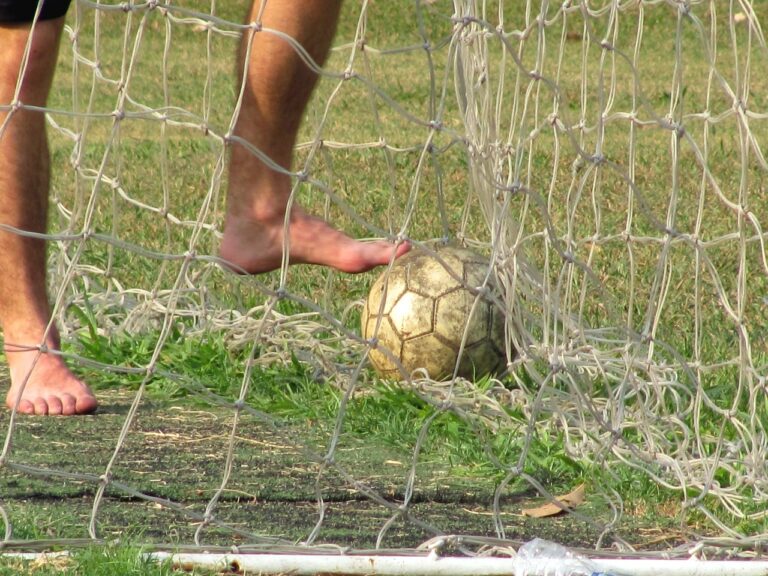Spotlight on Groundskeeping Challenges in Cricket Academies: Training Future Groundskeepers: Betbhai, Cricket99 exchange, Diamondexch9.con
betbhai, cricket99 exchange, diamondexch9.con: Spotlight on Groundskeeping Challenges in Cricket Academies: Training Future Groundskeepers
Maintaining a cricket pitch is no easy task. It requires skill, dedication, and meticulous attention to detail. In cricket academies, the responsibility falls on the groundskeepers to ensure that the pitches are in top condition for training and matches. These unsung heroes play a crucial role in the success of the academy and the development of future cricketers.
As the demand for high-quality pitches continues to rise, the challenges faced by groundskeepers have also evolved. From dealing with unpredictable weather conditions to managing a tight budget, there is no shortage of obstacles that they must overcome. In this article, we will shine a spotlight on some of the common groundskeeping challenges in cricket academies and explore how these professionals are training the next generation of groundskeepers.
1. Weather woes: One of the biggest challenges faced by groundskeepers is the unpredictable weather. Rain can wreak havoc on a pitch, causing it to become boggy and unplayable. Groundskeepers must be prepared to deal with these challenges by ensuring proper drainage systems are in place and being proactive in pitch maintenance.
2. Budget constraints: Many cricket academies operate on a shoestring budget, leaving groundskeepers with limited resources to work with. This can make it difficult to invest in essential equipment and materials needed to maintain a high-quality pitch. Groundskeepers must get creative with their resources and find cost-effective solutions to keep the pitch in top condition.
3. Pest control: Pests can cause significant damage to a cricket pitch if left unchecked. Groundskeepers must be vigilant in monitoring for signs of pest infestations and take swift action to prevent any damage. This may involve using environmentally friendly pest control methods to protect the pitch without harming the environment.
4. Player safety: The safety of players is paramount, and groundskeepers must ensure that the pitch is free from any hazards that could cause injury. This includes repairing any divots or holes in the pitch, keeping the surface level, and checking for any dangerous objects on the field.
5. Pitch preparation: Proper pitch preparation is essential for a successful match. Groundskeepers must carefully monitor the pitch’s condition leading up to a game, making adjustments as needed to ensure optimal playing conditions. This includes mowing the grass to the correct height, rolling the pitch to create a firm surface, and applying the right amount of water to keep the pitch hydrated.
Training Future Groundskeepers
In the face of these challenges, cricket academies are taking proactive steps to train the next generation of groundskeepers. By providing hands-on training and mentorship opportunities, aspiring groundskeepers are learning the skills and techniques needed to excel in this field. From mastering the art of pitch maintenance to understanding the nuances of pest control, these future groundskeepers are well-equipped to take on the challenges of the job.
As cricket academies continue to prioritize the importance of groundskeeping, the future looks bright for aspiring groundskeepers. By investing in their training and development, cricket academies are setting the stage for a new generation of groundskeepers who are passionate, skilled, and ready to tackle any challenge that comes their way.
FAQs
Q: What qualifications are required to become a groundskeeper at a cricket academy?
A: While formal qualifications are not always necessary, a strong background in groundskeeping, agriculture, horticulture, or a related field is beneficial. Practical experience and a passion for the job are also essential.
Q: How can aspiring groundskeepers gain hands-on experience?
A: Many cricket academies offer volunteer or internship opportunities for aspiring groundskeepers to gain practical experience. Working alongside experienced groundskeepers is a valuable way to learn the ropes and develop essential skills.
Q: What are some common tools and equipment used by groundskeepers?
A: Groundskeepers often use tools such as lawn mowers, rollers, scarifiers, and irrigation systems to maintain a cricket pitch. These tools are essential for keeping the pitch in top condition and ensuring optimal playing conditions.
In conclusion, groundskeepers play a vital role in the success of cricket academies. By addressing the challenges they face and investing in the training of future groundskeepers, cricket academies are setting the stage for a bright future in the world of groundskeeping. As the demand for high-quality pitches continues to grow, the importance of these dedicated professionals cannot be understated.







